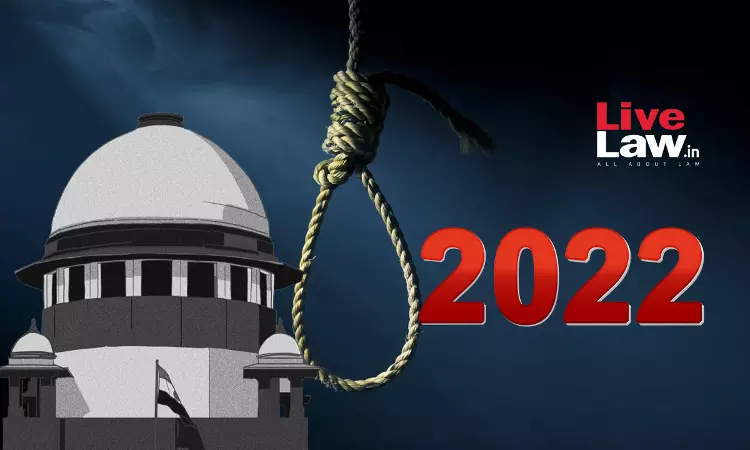- Home
- /
- Top Stories
- /
- Supreme Court Death Penalty Digest...
Supreme Court Death Penalty Digest 2022
Sohini Chowdhury
27 Dec 2022 10:38 AM IST
In 2021, the Supreme Court had not affirmed death penalty in a single case. However, in 2022, it did confirm death sentence in two cases. Nonetheless, 2022 was a significant year for death penalty jurisprudence in India. In March, 2022, the Apex Court had suo moto decided to consider laying down norms and guidelines pertaining to the process of collection and scrutinising mitigation...
Next Story



